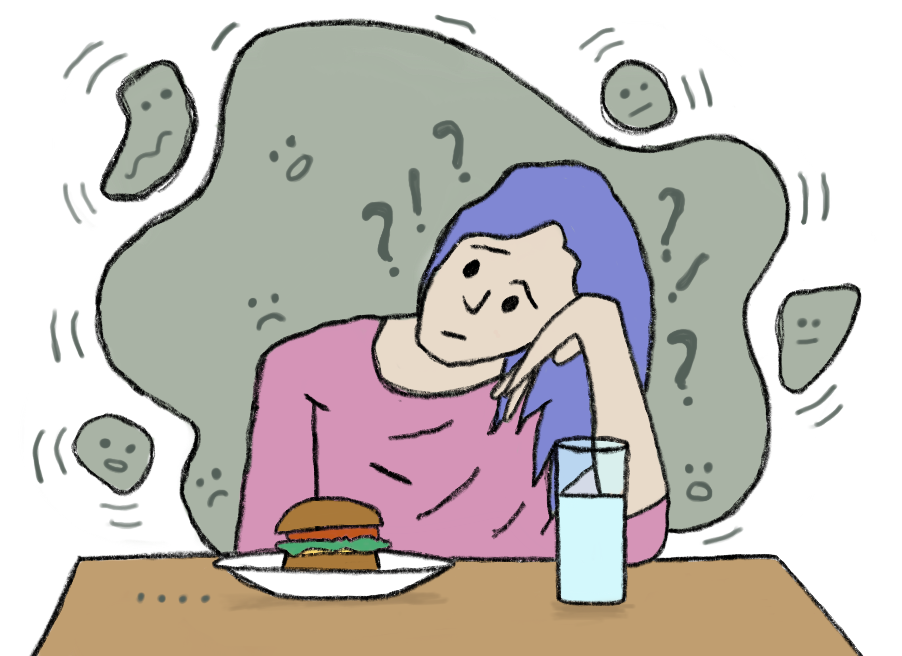
Eating Disorder
An eating disorder is a condition that affects the way a person thinks about food and their body. It's not just about wanting to be thin or not liking how you look. EDs go deeper than that. They can affect your thoughts, emotions, and physical health. They might make you think that you need to change your body, eat a certain way, or exercise excessively.
Sometimes, people develop an ED because they feel a lot of pressure to look a certain way or because they are struggling with their emotions. But it's essential to remember that this isn't your fault. It's not about being weak or lacking willpower. Eating disorders are serious, and they require understanding and support.
There are different types of EDs, but three common ones are anorexia nervosa, bulimia nervosa, and binge eating disorder. Anorexia happens when someone believes they are overweight, even when they are actually very thin. They may eat very little and have a fear of gaining weight. Bulimia nervosa involves eating a lot of food in a short time and then trying to get rid of it, like through vomiting or excessive exercise. People with binge eating disorder eat large amounts of food in a short time and feel out of control during these episodes.
One of the ways eating disorder therapists at Another Light Counselling support you is by helping you recognize and challenge the negative thoughts and behaviors that contribute to your ailment. They work with you to develop healthier ways of thinking about yourself and your body. They want to help you build self-esteem and understand that your worth is not based on your appearance or weight.
Therapists also teach coping skills to help you deal with difficult emotions and challenges that come with an ED. They may suggest activities that make you feel good, like drawing, writing, or talking to someone you trust. They also teach you relaxation techniques, such as deep breathing or mindfulness, to manage stress. Additionally, therapists may work with nutritionists or dietitians to provide guidance on developing a balanced and healthy relationship with food. They can help you understand that all foods can be part of a healthy diet and teach you how to nourish your body in a way that feels good to you.
Remember, seeking help is a brave and important step toward healing. Eating disorder treatments are there to support you, listen to you, and help you on your path to feeling better. You deserve to have a healthy relationship with food and your body. Recovery is possible, and with the support of a therapist, you can learn to overcome the challenges you face. You are strong, and there are people who want to see you thrive.
